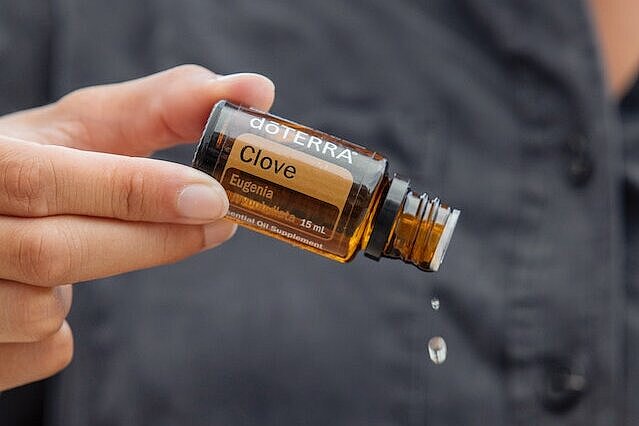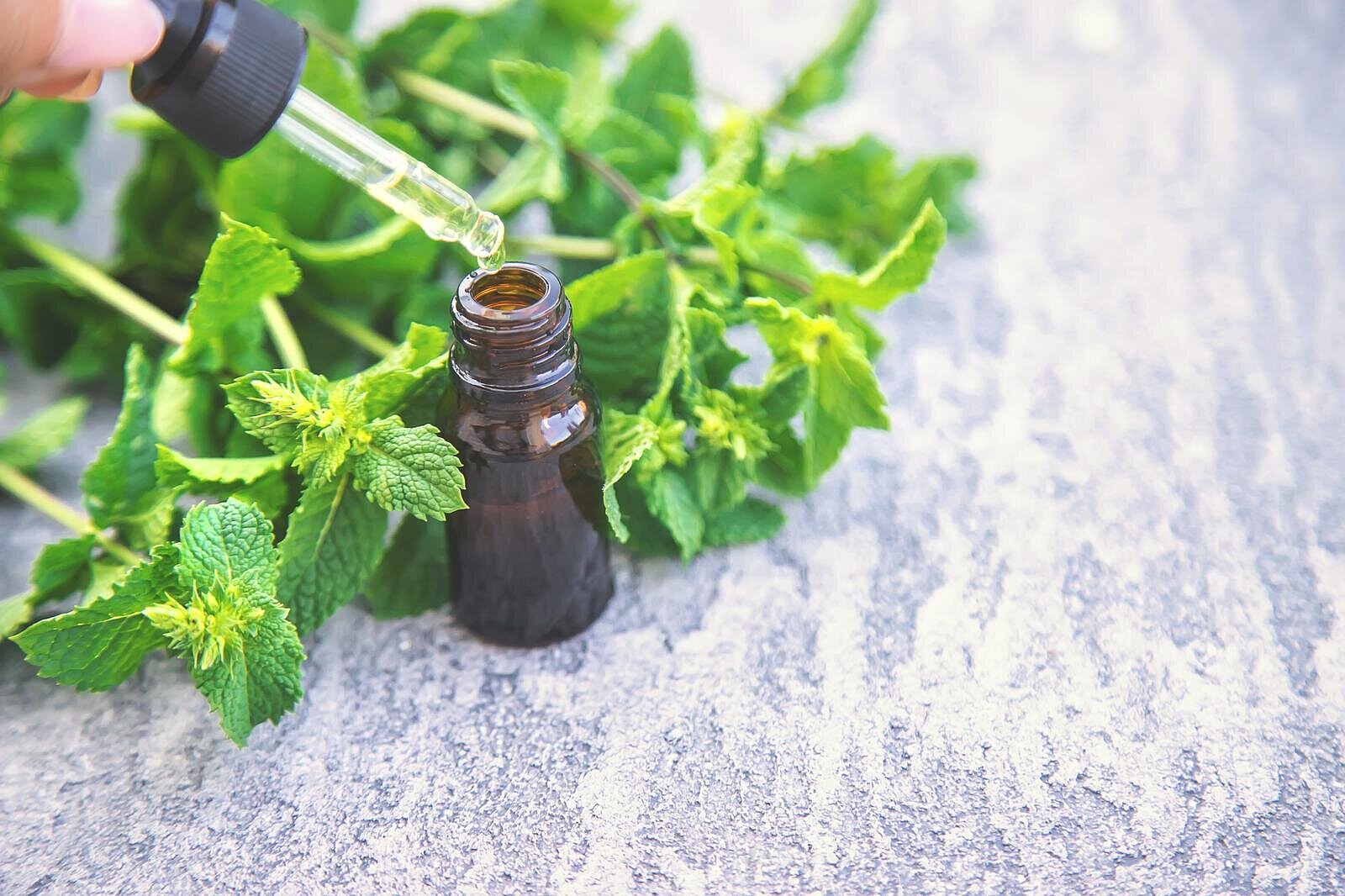Carvacrol

In the constant search for natural supplements for our dogs' health, we occasionally come across substances that are known for both their potential benefits and associated risks. One such substance is carvacrol, a phenolic monoterpene found primarily in essential oils of certain plants such as oregano and thyme. This article dives deep into the world of carvacrol to explore its properties, potential benefits and risks for dogs.
What is carvacrol?
Carvacrol is a chemical compound known for its spicy smell and taste. It is valued for its antimicrobial, anti-inflammatory and antioxidant properties in human medicine and food preservation. But what about the use of carvacrol in dogs? Can this powerful substance make a positive contribution to the health of our four-legged friends, or do the potential risks outweigh the benefits?
Benefits of carvacrol for dogs
Antimicrobial effect
Carvacrol has a proven effect against a variety of bacteria, viruses and fungi. This property could be helpful in treating or preventing infections in dogs, especially those that are resistant to conventional antibiotics.
Anti-inflammatory properties
The anti-inflammatory effects of carvacrol may be beneficial in relieving pain and inflammation associated with various conditions such as arthritis. This effect can help improve the quality of life of dogs with chronic conditions.
Antioxidant benefits
Carvacrol has antioxidant properties that can protect the body from free radical damage. This may contribute to the overall health and vitality of the dog and potentially reduce the risk of certain chronic diseases.
Risks and disadvantages
Toxicity
Despite its potential benefits, carvacrol can be toxic to dogs in higher doses. Symptoms of overdose can include vomiting, diarrhea, respiratory distress and even liver damage. Safe dosing can be difficult to determine, making use risky.
Allergic reactions
Some dogs may be sensitive to carvacrol, which can lead to allergic reactions. Skin irritation, itching and other allergic symptoms may occur, especially with topical application.
Interactions with medications
Carvacrol can interact with certain medications and enhance or weaken their effect. This is of particular concern in dogs already receiving drug treatment.
Although Carvacrol may offer potential health benefits for dogs, it is important to consider the risks and exercise caution. The decision to include Carvacrol in your dog's care or treatment should not be taken lightly. It is advisable to consult a veterinarian before using products containing Carvacrol to ensure safe and appropriate use. Ultimately, your dog's well-being and safety should always come first. Natural supplements can play a valuable role in preventative healthcare, but it is crucial to make informed decisions and carefully consider any potential risks.
If you notice any signs of hypersensitivity or poisoning in your dog, you should see your vet immediately. We are not a substitute for a vet, but we try to be as accurate as possible. Every dog reacts differently and we recommend you get a second opinion or consult your vet if in doubt.
Stay healthy and take good care of your four-legged friend!😊
Similar to Carvacrol
Thymol is a natural organic compound found mainly in the essential oils of thyme (Thymus vulgaris) and some other plants. It is known for its strong, spicy scent and its antimicrobial, antifungal...
Eugenol is a secondary plant substance from the phenylpropanoids group. It is the main component of clove essential oil, which can contain up to 95 percent eugenol. However, eugenol is also found in...
Menthol can have a number of positive effects on dogs, especially those with colds or respiratory problems. Menthol can help to moisturize and soothe the nasal mucosa, loosen mucus and make...
p-Cymol is an organic compound that belongs to the terpene class. It is a colorless, volatile liquid with a mild, pleasant odor that is often associated with thyme and other herbs. Naturally...



